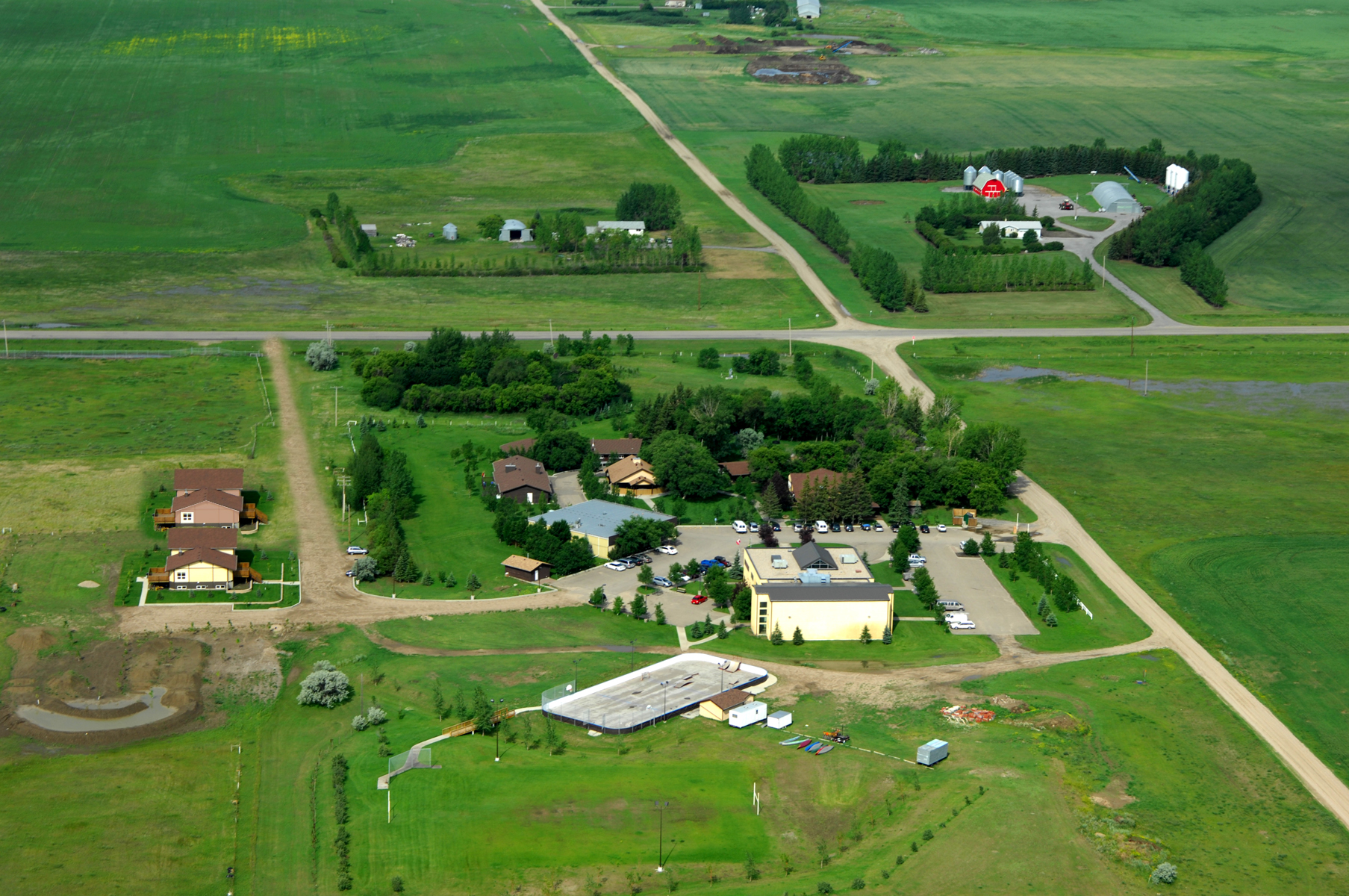Once a youth moves out of Rever House to an in-town unit or to go back home we start preparing for a new arrival. A few days before a youth is set to arrive, we are notified at the house. The specific details about the youth are left in the communications log at the house so that all staff are updated. We read the log before we start our shift so we know what has been going on in the house and what is going to happen.
To prepare the other kids in the house, we as staff bring it up in group discussion. We just let them know to expect a new youth and we give them a few details if available like their sex and age and approximate arrival date.
The room where the youth will stay is empty and clean except for new sheets on the bed. We don’t add anything to the rooms because the kids make their own individual rooms, they add their own flair.
 The new youth arrives with their social worker and maybe a parent. If they arrive between 9 a.m. and 5 p.m. then the unit manager and the caseworker meets them and they sit down for an intake meeting. The meeting involves the youth, the social worker signing paperwork. The caseworker and the unit manager clearly describe the Ranch, what happens at the Ranch, and maybe a possible time frame for how long they will be here. Everything is clearly described and they get their handbook on their rights and responsibilities for residents at the Ranch.
The new youth arrives with their social worker and maybe a parent. If they arrive between 9 a.m. and 5 p.m. then the unit manager and the caseworker meets them and they sit down for an intake meeting. The meeting involves the youth, the social worker signing paperwork. The caseworker and the unit manager clearly describe the Ranch, what happens at the Ranch, and maybe a possible time frame for how long they will be here. Everything is clearly described and they get their handbook on their rights and responsibilities for residents at the Ranch.
They also take this time to find out what coping mechanisms the youth has when they get upset and how we can incorporate it at the Ranch. For example the new youth might like to go for long walks when upset. We might then say, ‘well we can’t let you go by yourself but how about if you get upset you can go for a long walk with a staff.’
If the youth comes in after 5 p.m. they will have a quick intake meeting with the youth care leader. Sometimes we get youth at 2 a.m. and it will be up to the night worker to get the paper work signed and introduce the youth to the house. But this is rare.
After that the first thing we do as staff is go and introduce ourselves and what we do in the house. Then we generally send them to their rooms with a same sex staff to help them unpack. We help them unpack because there are policies at the Ranch that we don’t keep any sharp objects, any chemicals - like nail polish, white out, nail dye – in the rooms. The youth like to call this stuff contraband. It gets put into a box in lock up so they can still access it when they need to.
We also label all their clothing and other belongings with their initials and enter the information into a log for the youth. This way we don’t have any issues with theft.
Some kids come with what they are wearing and some kids come with suitcases of stuff. Some kids come with a bunch of shorts and no warm clothes and it’s September. So when we help them unpack we make a clothing list so we know what they need. The resident’s agency give us a specific amount of money to help dress the kid so we go to someplace like Wal-Mart and get them what they need.
Once the room is unpacked we take the youth to group and sit down and introduce them to the rest of the kids. The other youth will introduce themselves and add details about their lives to break the ice.
It takes different levels of time for youth to integrate into the Ranch. Everyone is different - we have shy youth, youth who are angry to be at the Ranch, and outgoing kids who want to make friends immediately. Usually in two weeks most kids are comfortable in the house.
There is also a honeymoon stage which lasts about a month where youth do really and follow all the rules because they are in a new structured environment and following the established routine in the house. They aren’t acting exactly like themselves or showing the behaviors that brought them to the Ranch. After they start to feel more comfortable and the nerves disappear those behaviors come out and we can begin to address them and help them learn new skills so they can be successful when they leave.


